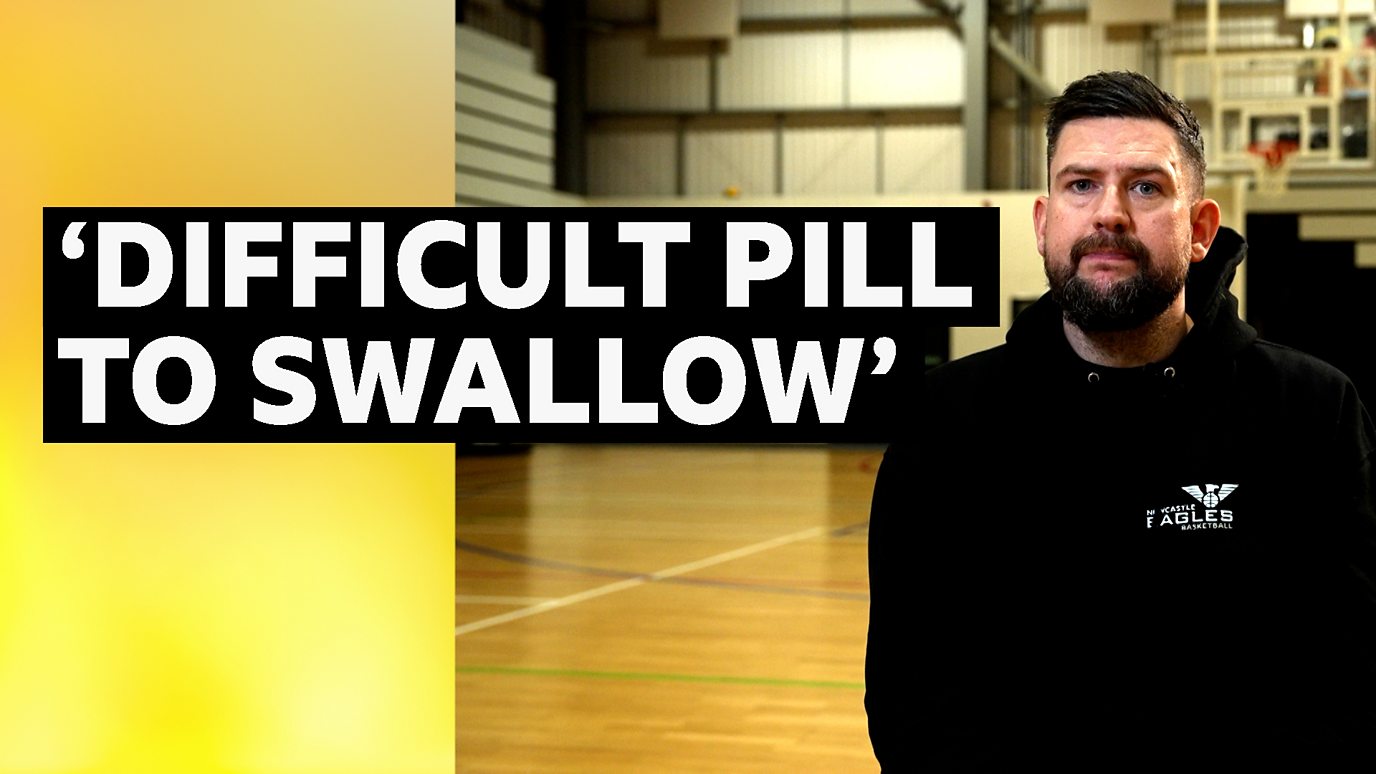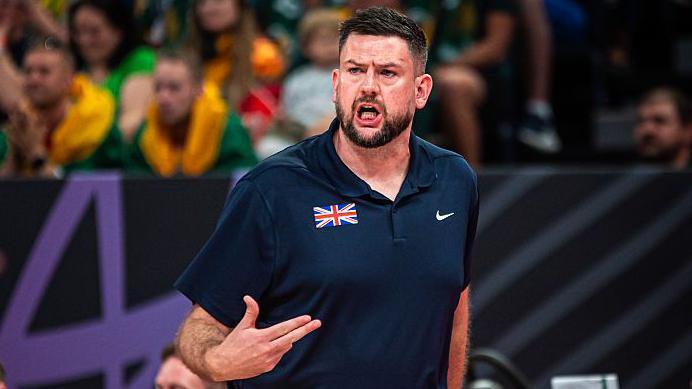
Great Britain Emerging from an Exceptionally Difficult Period: Inside a Turbulent Chapter for British Basketball
How Great Britain Is Emerging from an “Exceptionally Difficult Period” as Basketball Confronts a Crisis of Governance
Hearing that your country has been banned from international competition is just about the worst possible preparation for a World Cup qualifier. Yet that was exactly the scenario facing Great Britain’s men’s basketball team only a few weeks ago. A sweeping suspension from world governing body Fiba threw the programme into chaos, left players fearing for their futures, and plunged the sport into yet another painful chapter of infighting and instability.
Head coach Marc Steutel still remembers the exact instant he learned that Great Britain had been barred from competing. The news, delivered abruptly and without much warning, left him stunned.
“If I said it felt like getting hit with a sledgehammer, I’d be understating it,” he told BBC Sport, recalling the moment the suspension message landed. “It was heartbreaking, debilitating, frustrating… I was stopped in my tracks.”
For Steutel, who has spent twenty years immersed in British basketball at every level, the feeling was more than professional frustration—it was something close to personal grief. And it came with a cruel twist: the players had done nothing wrong. Their World Cup qualifier against Lithuania at the Copper Box Arena in London should have been a moment of focus and excitement. Instead, it arrived under a cloud of uncertainty that no team deserves.
A sport that keeps tripping over itself
The ban has since been lifted, but its very existence has forced a far deeper conversation about how the sport is being run in Britain. And Steutel did not shy away from the uncomfortable truth.
“It shows the severity of where the management of our game was,” he said. “To think that the senior men’s team might not be able to compete because of something completely outside their control… it was an exceptionally difficult period.”
British basketball followers won’t need reminding that moments like these have become frustratingly familiar. The sport’s progress has often been overshadowed by governance disputes, political storms, and internal conflict. Drew Lasker, a former top-level player turned broadcaster, summed it up bluntly.
“Every time the sport looks like it’s about to move forward, we shoot ourselves in the foot,” he said. “My honest opinion? I’m exhausted by it.”
It’s hard to blame him. British basketball has rarely suffered from a lack of players, passion or potential. What it has lacked, time and again, is stable leadership.
Where the crisis started
To understand how Great Britain reached this point, you have to trace the story back to the collapse of 777 Partners—the American investment firm that, until mid-2024, pumped significant money into the British Basketball League.
When 777 Partners went insolvent after their failed attempt to buy Everton, the BBL all but fell apart. Nine of its top clubs pulled together to form a breakaway competition called Super League Basketball (SLB). The British Basketball Federation (BBF) granted SLB a temporary licence while it searched for a long-term solution.
That solution arrived in April—but not in a way the clubs expected. The BBF awarded control of the men’s professional league to a new external group, the Great Britain Basketball League Ltd, led by American businessman Marshall Glickman. SLB’s nine clubs argued the decision was “illegal”, refused to join the new operation, and the whole sport quickly descended into a legal trench war.
By August, with governance in tatters and both sides hurling accusations, Fiba stepped in. After its taskforce flagged “regulatory non-compliance”, Great Britain’s governing body was suspended. That suspension meant GB’s men were suddenly barred from international play, sparking shockwaves through the sport.
Financially weakened and unable to operate, the BBF eventually confirmed earlier this month that it was entering liquidation.
As Lasker put it: “It’s very clear we don’t have the right leadership in place with the right intentions. People seem desperate to hold on to positions of power. I keep asking, ‘What are you holding on to?’ The sport isn’t worth anything right now—but it could be worth everything.”
A bright grassroots picture amid the gloom
What makes the turmoil so frustrating is that British basketball is thriving in the places it should matter most—schools, community clubs, and youth programmes. It is the second most played team sport by young people in England, behind only football.
Steutel sees that growth every day. His own club, the Newcastle Eagles, has more than 2,000 young players taking part in weekly sessions. Rising stars like Tosan Evbuomwan—now with the New York Knicks—show the talent pathway can work, even under imperfect conditions.
The potential is clear, but potential only matters if the structures around it are stable.
A chance to reset?
With the suspension lifted, the immediate task is simple: ensure GB fulfil their World Cup qualifier with Lithuania and navigate the November international window unscathed. Basketball England and SLB stepped in to help deliver the game, while UK Sport and the UK government have been working in the background to shape a future model of governance.
SLB interim chair Sanjay Bhandari did not sugarcoat the lessons.
“This crisis shows the risks and dangers of insufficiently challenging governance,” he said, calling for a comprehensive review of how the sport is run.
Lasker, however, sees an opportunity bigger than repair work. The NBA’s plans for a Europe-based league in 2027—potentially including London and Manchester franchises—could transform the domestic basketball landscape overnight.
“It gives the sport a chance to hit the reset button and build a solid foundation,” he said. “If we take advantage, British basketball could explode quickly. If we don’t, we may never get another opportunity like this.”
For now, GB focus on the court
For the players, the chaos has been unsettling, but guard Josh Ward-Hibbert insists it won’t creep into their preparation.
“You hear rumblings and it can be concerning,” he said. “But you try to control what you can. Everyone understands where we are as a group and gives everything to push the national team forward.”
Given the uncertainty of the past few weeks, even stepping onto the floor at the Copper Box feels like progress. The scars of the saga will linger, but Great Britain basketball has survived an exceptionally difficult period—and now has a rare chance to reshape its future.
How the sport chooses to use that opportunity could define the next decade.



























































There are no comments yet. Be the first to comment!